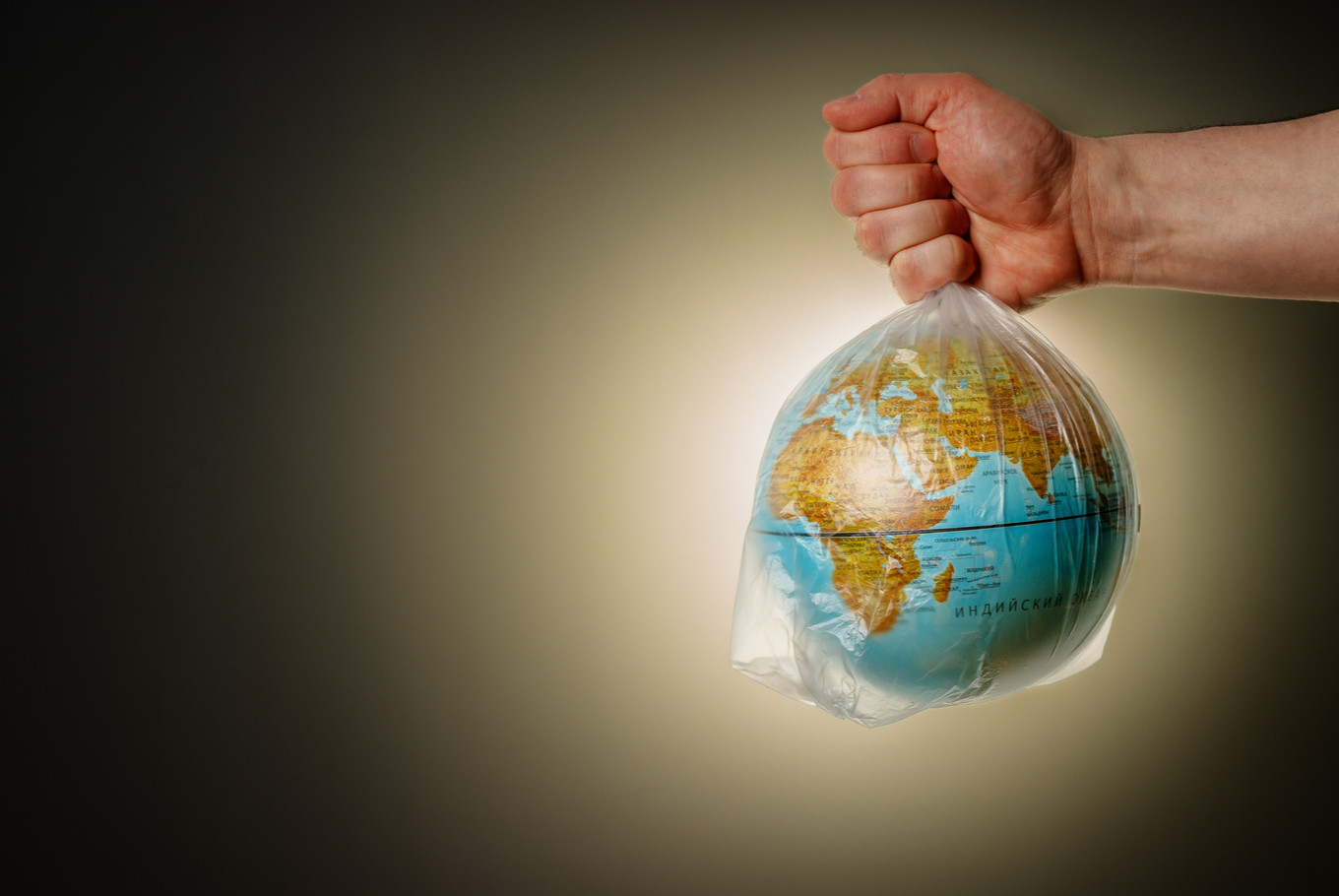Popular Reads
Top Results
Can't find what you're looking for?
View all search resultsPopular Reads
Top Results
Can't find what you're looking for?
View all search resultsYou may be eating a credit card's worth of plastic each week: Study
Change text size
Gift Premium Articles
to Anyone
P
lastic pollution is so widespread in the environment that you may be ingesting five grams a week, the equivalent of eating a credit card, a study commissioned by the environmental charity WWF International said on Wednesday.
The study by Australia's University of Newcastle said the largest source of plastic ingestion was drinking water, but another major source was shellfish, which tended to be eaten whole so the plastic in their digestive system was consumed too.
"Since 2000, the world has produced as much plastic as all the preceding years combined, a third of which is leaked into nature," the report said.
The average person could be consuming 1,769 particles of plastic every week from water alone, it said.
Read also: Bali supermarket ditches plastic packaging for banana leaves
The amount of plastic pollution varies by location, but nowhere is untouched, said the report, which was based on the conclusions of 52 other studies.
In the United States, 94.4% of tap water samples contained plastic fibers, with an average of 9.6 fibers per liter. European water was less polluted, with fibers showing up in only 72.2% of water samples, and only 3.8 fibers per liter.











